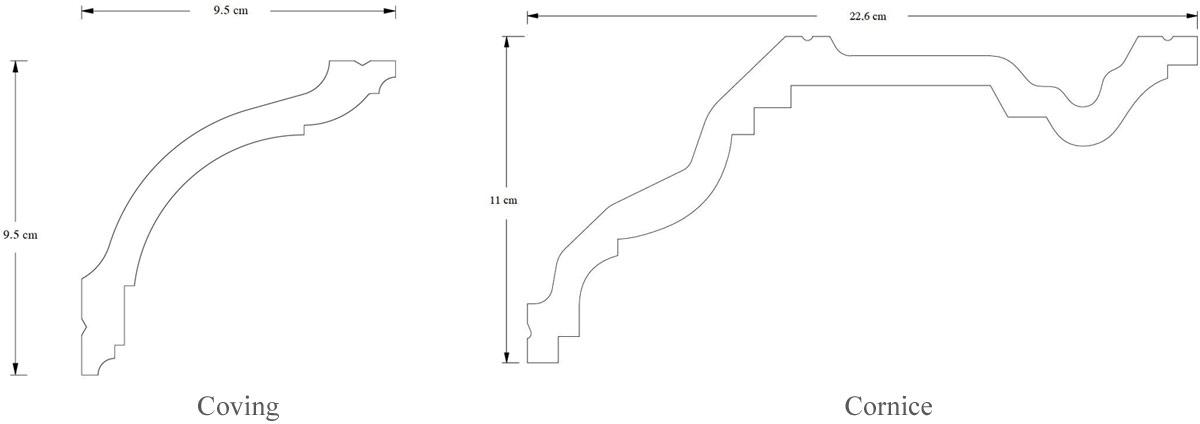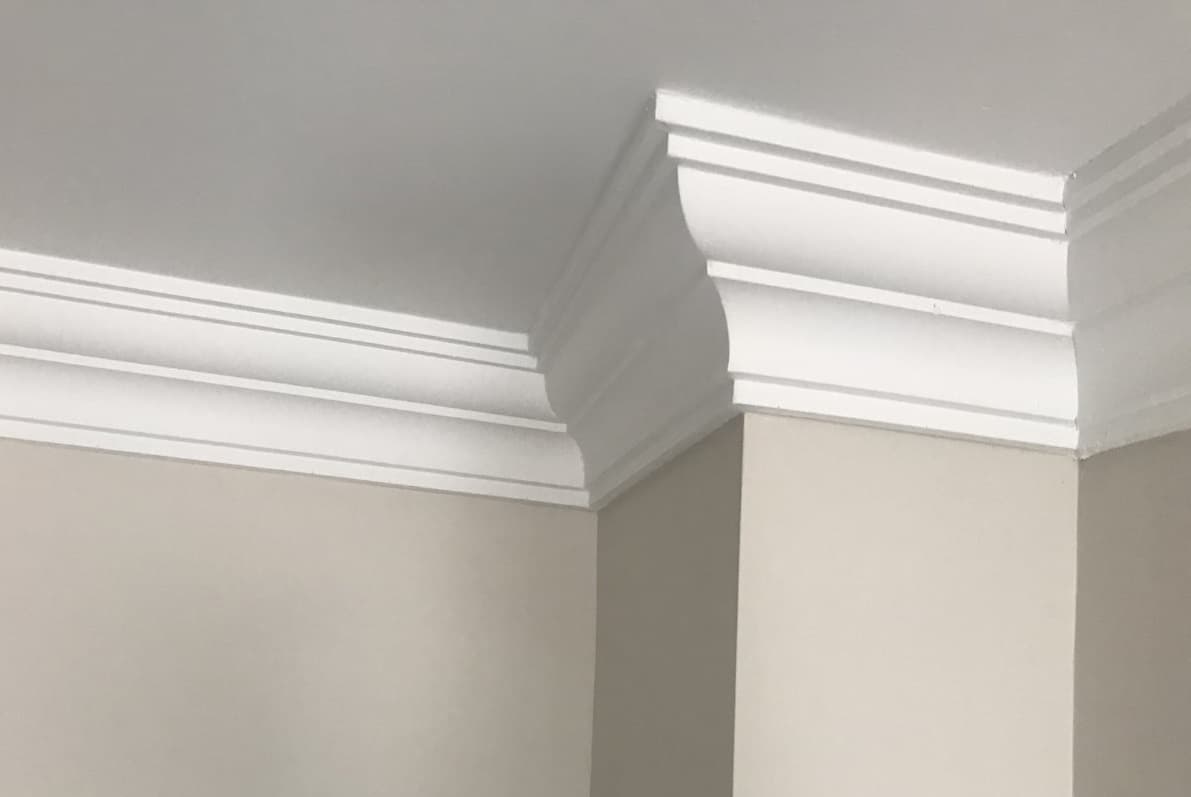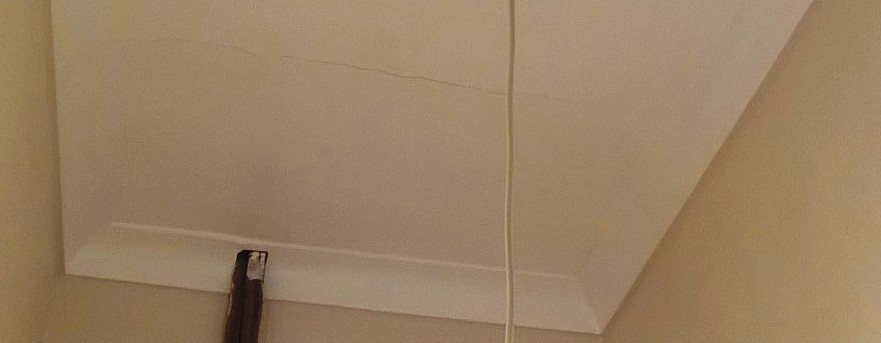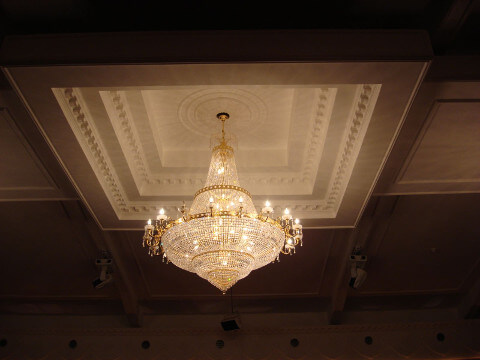Coving And Cornice Difference
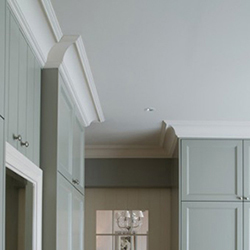
A little bit of cornice tips and advice when cutting.
Coving and cornice difference. There are quite a few positive differences between duropolymer and traditional plaster and the positive attributes go to orac decor duropolymer coving why well first of all duropolymer is much lighter than traditional plaster this means the installation will be much faster also we have calculated the time it takes. It may be elaborate or plain and in more modest homes is often absent altogether. I m not the best but i remember learning it took me a while to grasp. Above decorative cornice above plain cornice or coving.
What is the difference between ceiling coving and cornice. Originally coving referred to the profile shape of cornice that had a concave moulding. Polyurethane is very much similar to duropolymer coving both are light and very easy to install polyurethane coving is tougher than the polystyrene coving and looks great once it s up our polyurethane coving range is called. A cornice is a profiled moulding used to conceal the joint between a wall and a ceiling so that it does not have to be finished and any cracking along the joint is hidden.
Luxxus these are our most expensive coving and the widest range. Technically it is known as cavetto and typically represents a quarter of a circle. Page 1 of 1. Coving also tends to be much simpler in design than cornice and is typically formed around the traditional quarter circle or c shaped profile.
What is duropoymer coving and how does it compare with traditional coving. Imaginatively it can be visualised as how a bay like for example lulworth cove appears on a map. Coving cornice suppliers of top quality victorian coving to modern styles led uplight coving and other wall decor delivered to your door. Very large assymetric c section profile.
Architect xavier donck says the following about this. All of our coving and cornice are made of polyurethane and duropoymer with perfect detail produced from steel moulds to give a sharp edge look our coving are also primed ready for painting. If your property has partially damaged cornice moulds can be taken and reproductions made to mimic the existing profile. Our coving cornice range is a high quality lightweight and made from quality rigid steel moulds produced from a durable material called polyurethane duropolymer.
Cornice cornice cornicing or coving is the plaster trim that covers the transition between wall and ceiling. Coving is the term that is usually applied to a moulding that is uniform in profile i e. Plain cornice may be referred to as coving. He we are cutting 90mm cove corn.
So when it comes to the actual coving itself we find that it s more of a plane type of moulding that is uniform in profile not as ornate shall we say as the cornice this means that when purchasing coving you ll find that it s usually a little bit more cheaper in price compared to cornice and a great reason for this is because when you have to manufacture coving it involves less work because of the plainness of the style unlike cornice.


